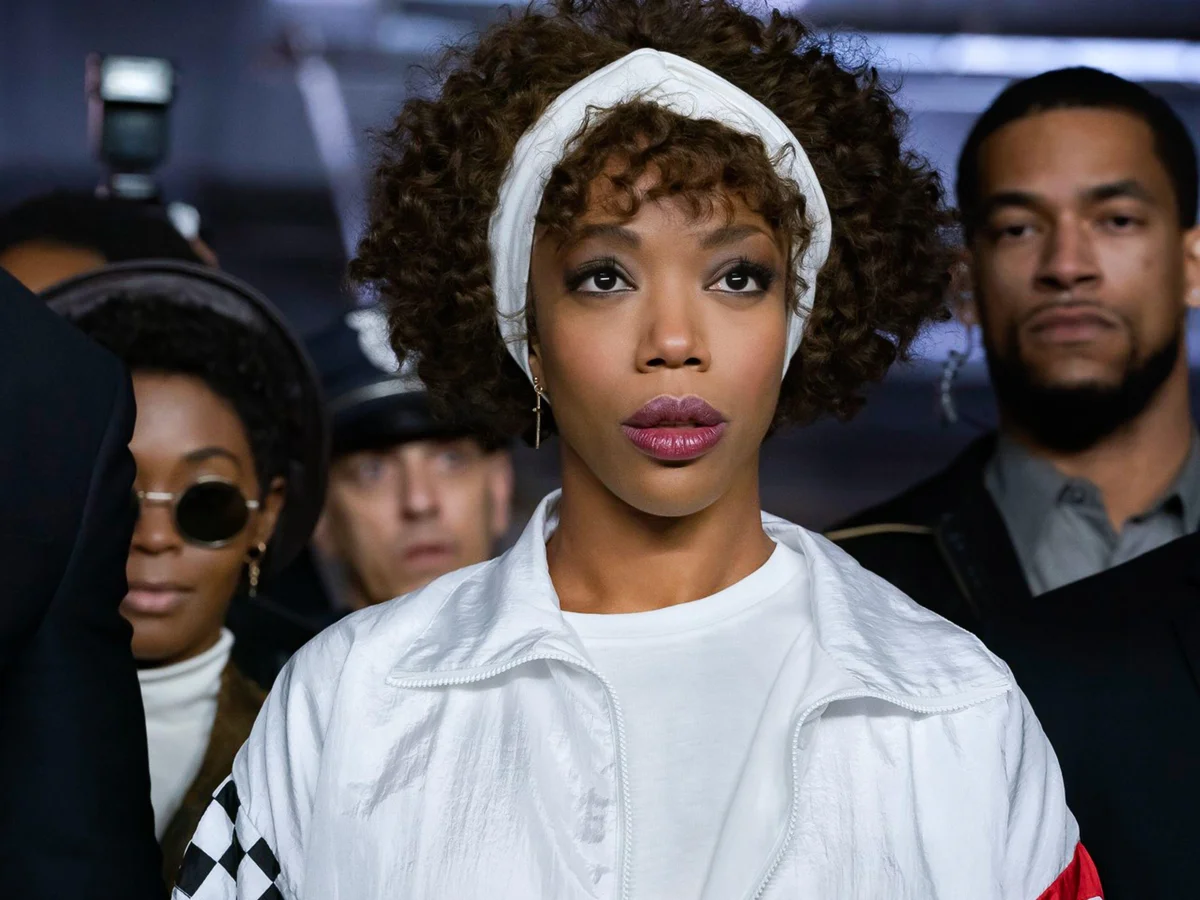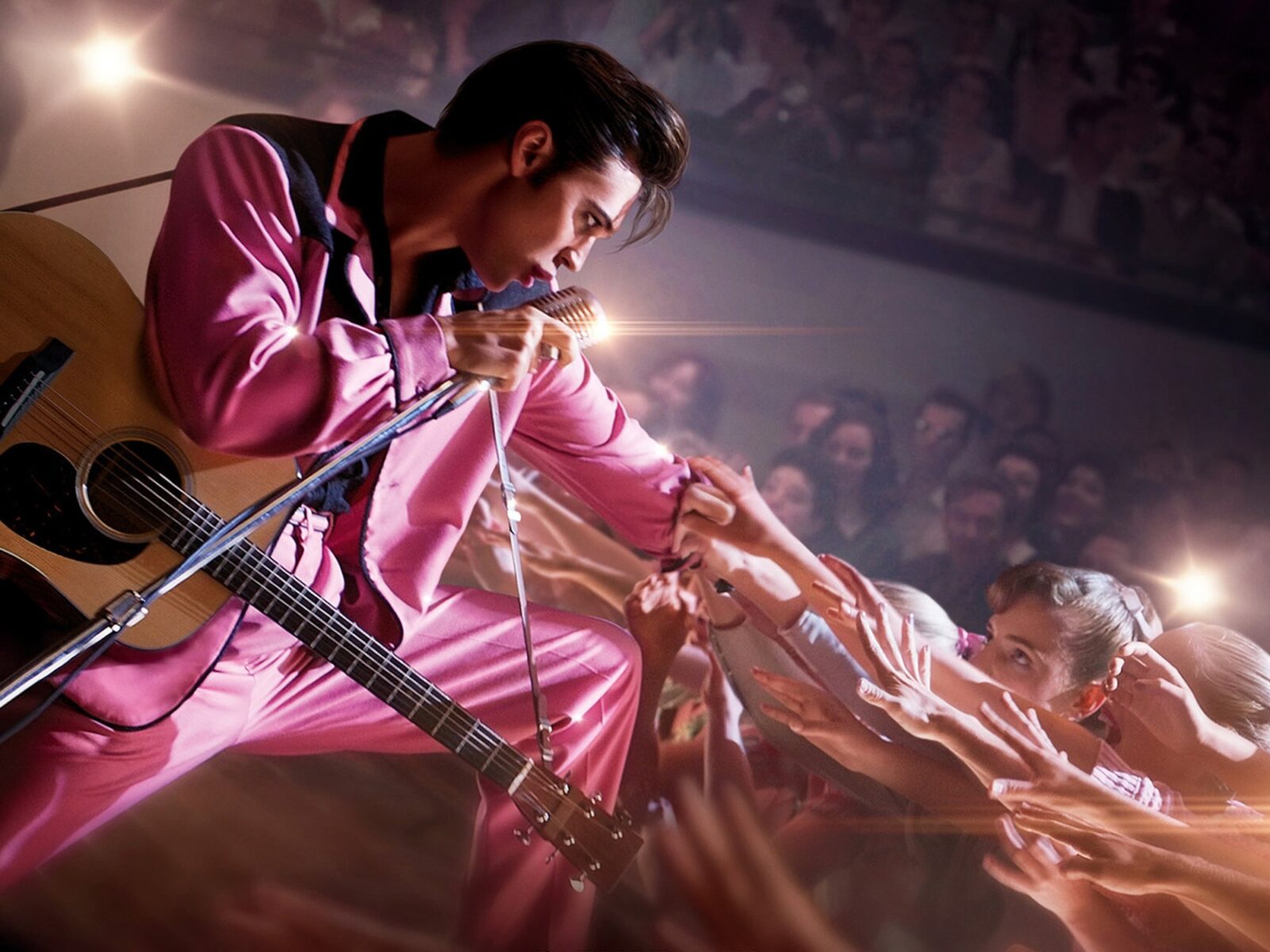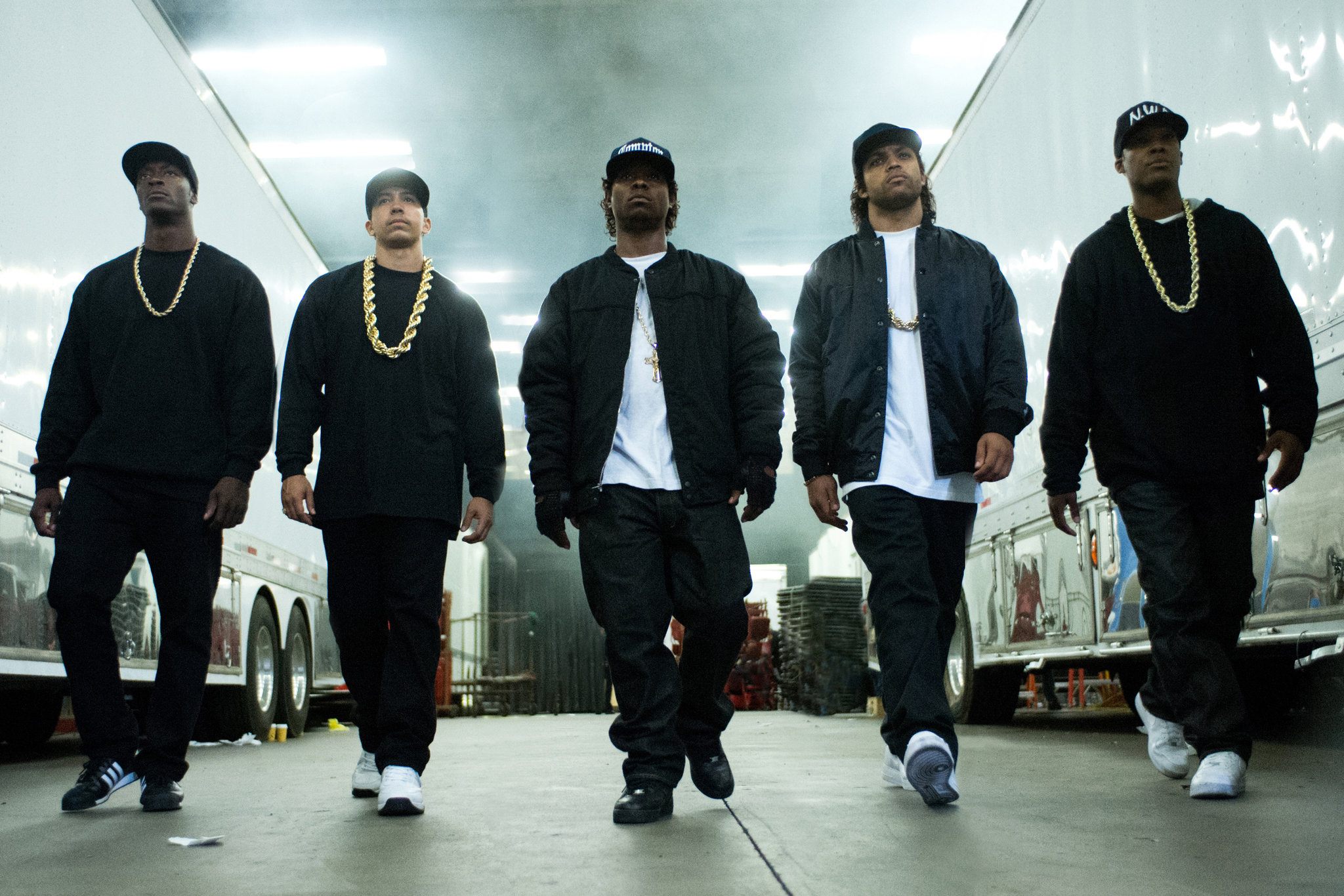Over the years, the intersection of film and music has been vividly illuminated through the rising popularity of musical biopics. These cinematic portrayals of the industry’s most iconic musicians have become a genre unto themselves, offering audiences an intimate glimpse into the lives and legacies of their favorite artists. Yet as the past few years have exemplified, the genre has become a recurring theme in cinema — almost as if it has become a trope of its own.
Music biopics captivated millions of viewers, yet it has also redefined how audiences have engaged with the biographical narrative in music. While there lies an allure as to how these films blend the personal with the musical, the so-called ‘backstage access’ that we get to the triumphs and tribulations of these celebrated figures often blends fact with fiction, sometimes to the point that we can’t distinguish what really did happen.
The manner in which these films explore the complex interplay between an artist’s public persona and their private lives are often delivered in vehicles that prioritize entertainment value above all — with the dramatization of certain key moments eliciting mixed feelings amongst the audience who bears witness to these adaptions.
While the film industry continues to produce musical biopics, it sparks the question of whether or not the authenticity and artistic license used in depicting these real-life stories are still necessary in today’s pop culture. Although the curiosity and fascination of these personal journeys behind the music underscores an embrace of the genre, Billboard Philippines unpacks the prevalence of musical biopics — with the question: should they stay or should they go?
In this piece, Billboard Philippines points out both sides of the coin — arguing why musical biopics are a genre that should be over and done with, as well as what makes them a welcome addition to the legacy of an artist and the world of cinema.
Biopics are primarily developed to be awards season contenders.


As exemplified by the past ten years, musical biopics are often produced and created with the intention of attracting awards season buzz — particularly with the Academy Awards, the Golden Globe Awards, the Screen Actor’s Guild Awards, and the like. The release timing of most musical biopics falls between the months of September and January, in order to generate enough buzz and ‘For Your Consideration’ marketing posts to boost the publicity of such films and the talents attached to the project.
Rather than focusing on the true embodiment of a character, what most actors and performers do to deliver a performance that can generate Oscar buzz is an emphasis on the imitation and mimicry of their subject’s mannerisms, rather than developing a full and genuine understanding that allows them to embody the character.
Most biopics fail to paint a complete picture of an artist.

Courtesy of Landmark Media
With how most Hollywood biopics portray their subjects, they often fail to paint a complete — if even cohesive — portrait of these musical artists. Most biopics tend to gloss over a number of key moments from the lives of their subjects, treating the final output as if it were merely based on what a Wikipedia page would touch upon, rather than delving deeper to showcase any form of nuance or depth.
The 2022 Whitney Houston biopic, lazily titled Whitney Houston: I Wanna Dance With Somebody, is the perfect example of this –– given how little insight it even gets to share about the late musical icon. The film plays out like a straightforward and simple greatest hits reel and has cut down upon the key moments and widely publicized struggles that added depth the Houston’s real-life story.
With how these films tend to erase or overlook certain moments from a musician’s life, the final result of these biopics often fails to tell audiences anything new or insightful about the journeys and struggles of what these beloved artists have gone through.
Most biopics are often formulaic.

Courtesy of Paramount Pictures
Almost as if it were manufactured by a machine, an abundance of biopics released over the past decade often feel formulaic in its structure. Given how filmmaking is a visual medium (with plenty of opportunities to innovate and experiment), the end result of certain films often feels stale and too safe with how they are executed. The prevalent narrative that is present across the genre of music biopics showcases the subject’s rapid ascent on the scene, their eventual downfall, and a conclusion that ties things up a bit too quickly and too neatly.
For example, the recently released Bob Marley: One Love film has been described as a “routine biopic” –– doing little to reinvent the wheel as it plays out with not much stakes. As it adheres to the traditional formula of this genre of film, it washes away any room to better understand Marley and his creative process while the moments of his life pass by with the runtime of the movie.
Just as how some biopics fail to portray any nuance whatsoever in their storytelling, some filmmakers only rely on the star power of its cast and subject name, resulting in a product that fails to make any sort of mark on both cinema and the legacy of the musician whose story they aim to tell.
Most biopics fail to do justice to an artist’s legacy.

Courtesy of Universal Pictures International
The ultimate sin of a botched musical biopic is when it fails to do justice to an artist’s legacy. Some horrid examples of biopics like that of Sam Taylor-Jones’ Back To Black have not only poorly adapted the lives of their subjects, but a number have also managed to bastardize the goodwill and positive impact of what these musicians have managed to accomplish in their careers.
In Back To Black, the film offends its subject by dwelling heavily on the worst moments of Amy Winehouse’s life –– overlooking her actual achievements to revel in the controversy that powered dozens of gossip sites in the early 2000s. Yet Sam Taylor-Johnson is not the only one to adhere to such methods, as most filmmakers often sensationalize (or blatantly create fictional narratives) that only aim to serve the purpose of the film’s entertainment value, rather than honoring its subjects.
Such films have left a poor taste and negative impression on their viewers, given that such films have forgone the use of any sort of empathy in their storytelling to one’s legacy.
Biopics reintroduce the music of their subjects to a new generation of listeners.

Courtesy of 20th Century Fox
Though it may get tiresome to see the constant rotation of biopics hitting the screens, the positive force of these films allows new generations of fans and listeners to discover the music and artistry of their subjects. Telling an artist’s story all these years later adds an immense amount of value to an artist’s catalog and highlights their contributions to the music industry as a whole — showcasing the impact of their music and legacy to a whole new audience.
As it leverages the power of cinematic storytelling to revive interest in an artist and their work, biopics create a compelling narrative that encourages viewers to explore the music that underscored these pivotal moments. Bohemian Rhapsody, for example, was able to rekindle a significant amount of interest in Queen’s extensive catalog — leading to increased streaming and sales of their music or engaging with the artist’s discography in new ways.
Biopics serve as a star-making vehicle for rising talents in the industry.

Courtesy of Warner Bros. Picture
Given the right choice of talents both in front and behind the camera, musical biopics can serve as a star-making vehicle for rising talents in the industry. The high visibility of this genre of film allows for its actors to showcase their versatility and range, especially when considering how music biopics often require their actors to display a wide range of talents, including acting, singing, and sometimes dancing.
Actors like Austin Butler (Elvis) and Jennifer Lopez (Selena) have found their ticket to success through starring roles in musical biopics, while several directors and screenwriters have established a prolific filmography that has been rooted in the musical biopics they’ve made. With what certain auteurs like Baz Luhrmann (Elvis), James Mangold (Walk The Line), and Todd Haynes (I’m Not There) have been able to do, they bring forth a unique touch to such films, it provides a unique visual and narrative flair that makes a musician’s life all the more compelling.
The end results become a unique combination of high stakes, broad appeal, and demanding performances — making them an ideal platform for rising stars to make a memorable impact.
Biopics can bring awareness to problems that are prevalent in the music industry.



When done right, biopics can involve the artists themselves and it offers them the opportunity to tell their stories and experiences in the right way. In doing so, it can result in a larger awareness of certain problems, issues, and injustices that are prevalent in the music industry. This gives their subjects a platform to air out their grievances and a body of work wherein audiences can learn from the experiences of others.
Certain musical biopics like Bill Pohlad’s Love & Mercy or Brian Gibson’s What’s Love Got To Do With It? humanize their subjects, putting us in the shoes of these artists who undergo mental health struggles, substance abuse, the pressures of fame, and the darker side of the scene, while concurrently exposing the industry’s exploitation of their talent. Additionally, musicians often use their platform to address social and political issues, so biopics can delve into how these artists have used both their experiences and their music to use their voices to spark change across society (as seen with F. Gary Gray’s Straight Outta Compton).
By presenting the struggles and triumphs of musicians, biopics can inspire both fans and industry professionals to advocate for a much-needed change. They can encourage discussions about better practices, support systems, and fair treatment within the industry — driving awareness and potentially sparking positive change.
Musical biopics don’t seem like they’re going away from both the film and music industry anytime soon, with at least five prolific ones (cue in James Mangold’s A Complete Unknown, Sam Mendes’ individual Beatles films, a Michael Jackson one, and a Britney Spears-centered film) already on the way and due for release in the near future.
The genre of musical biopics embodies both significant strengths and notable shortcomings, reflecting the dual nature of their impact on audiences and the industry, given how the genre’s effectiveness and value that it adds largely hinge upon how well it balances entertainment with authenticity.
While the prevalence of this type of film speaks to the demands of consumers, there will always be positive and negative connotations to its presence in the industry. Yet as with any piece of art, its success is contingent upon its execution. As long as the film is crafted with the best of intentions, there remains value in what biopics could offer to pop culture.
Ultimately, the genre’s enduring popularity suggests that, while there are valid criticisms, there is still potential for musical biopics to contribute positively to both cinema and the cultural understanding of music’s most influential figures.





